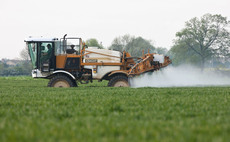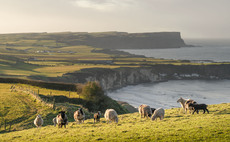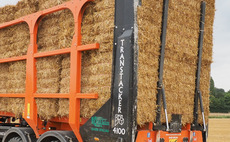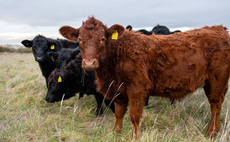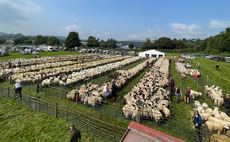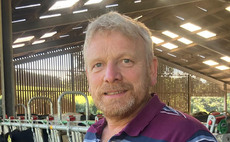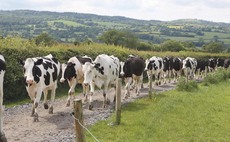Industry experts have warned the amount of capital required to start up as a new entrant, alongside misconceptions swirling about the industry, are two of the ‘biggest barriers' facing young farmers across the UK.
Speaking at an Oxford Farming Conference (OFC) webinar (June 4), Christine Tacon, Groceries Code Adjudicator (GCA) and chairwoman of the Management Development Services (MDS) graduate scheme, highlighted misconceptions surrounding careers in agriculture continued to challenge and hamper the industry's ability to attract new entrants.
She said: "In terms of recruiting bright young people, we have seen huge numbers from a variety of backgrounds. But they do not know an awful lot about our industry.
"We therefore need to push the diversity of agriculture, and market the sector in a way which focuses on how modern farming requires the use of technology, for example. An outdated image presents a barrier to those wanting to enter."
Institutional Agricultural Investor Angus Shelby agreed the industry needed to rethink its approach to communicating with young people, but warned the cost of capital required at an ownership level had proved to be a ‘distinct' barrier to young farmers keen to enter the industry.
"The statistics at the ownership level tell a worrying story for young people, whereby the barrier to entry is the capital profile," he said.
"For context, in the UK, over the last 15-20 years, the amount of capital required to start up as a new entrant on an ownership basis has increased 6 fold, largely due to land prices increasing so dramatically. This has made it difficult for young farmers to afford to buy land to farm with, for example."
Joint venture
Responding, Sarah-Jayne Laing, chief executive of Scottish Land and Estates (SLE), claimed the creation of 'artificial' new entrant schemes to remedy this problem produced ‘unsustainable business models', which had led to an upsurge in joint venture schemes.
She said: "In Scotland, we have therefore seen young farmers increasingly enter true partnerships, which spreads risk and reward.
"Looking ahead, these joint ventures will be key to bringing new people, from all backgrounds, into the industry. The sector also needs to move away from a 'one-size-fits all' way of communicating with young people in order to attract new blood."
OFC 2021
The OFC will celebrate its 75th anniversary on January 7, 2021 and will be delivered virtually due to Covid-19.
#ThisIsAgriculture
Powered by Ãļ§Ö±²¥, #ThisIsAgriculture continues to raise awareness of the diverse career opportunities available in the sector, click to see the many ways you can get involved.







